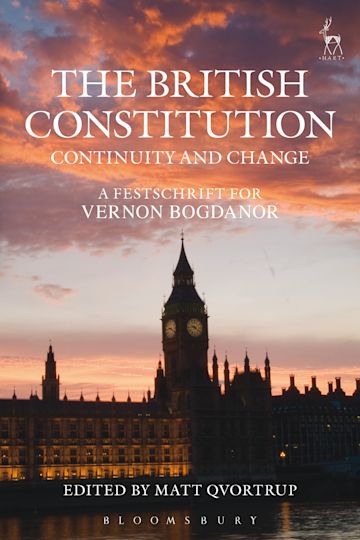British Literature and Literary Continuity Documents of Change

British literature has undergone significant changes over the centuries, reflecting shifts in society, culture, politics, and intellectual thought. While there are numerous documents of change throughout British literary history, several key periods and works stand out as exemplars of these transformations:
Medieval Literature:
- The earliest surviving works of British literature are found in Old English, with notable texts such as "Beowulf" showcasing the heroic ethos of the time. The Norman Conquest in 1066 brought about linguistic and cultural changes, leading to the emergence of Middle English literature, including Geoffrey Chaucer's "The Canterbury Tales," which reflects the transition from feudalism to a more cosmopolitan society.
Renaissance and Early Modern Literature:
- The Renaissance marked a revival of interest in classical learning and humanism, leading to a flourishing of literature in English. William Shakespeare's plays, such as "Hamlet" and "Macbeth," epitomize this period, exploring complex themes of power, morality, and identity. The English Renaissance also saw the rise of metaphysical poetry, exemplified by the works of John Donne and George Herbert.
Enlightenment Literature:
- The Enlightenment brought about a period of intellectual ferment and rational inquiry, reflected in literature that challenged traditional authority and embraced empirical observation and reason. Jonathan Swift's "Gulliver's Travels" and Alexander Pope's "The Rape of the Lock" satirize contemporary society and critique prevailing social norms.
Romanticism:
- The Romantic movement in the late 18th and early 19th centuries emphasized individualism, emotion, and the sublime, reacting against the rationalism of the Enlightenment. Works such as William Wordsworth's "Lyrical Ballads" and Mary Shelley's "Frankenstein" explore themes of nature, imagination, and the human condition.
Victorian Literature:
- The Victorian era witnessed a diverse range of literary output, reflecting the social, political, and economic upheavals of the time. Charles Dickens' novels, including "Great Expectations" and "Oliver Twist," highlighted the plight of the poor and the injustices of industrial society, while the poetry of Alfred, Lord Tennyson, and Elizabeth Barrett Browning grappled with themes of love, loss, and faith.
Modernism:
- The early 20th century saw the emergence of Modernist literature, characterized by experimentation with form, language, and narrative technique. Writers such as James Joyce ("Ulysses"), Virginia Woolf ("Mrs. Dalloway"), and T.S. Eliot ("The Waste Land") challenged conventional literary conventions and explored themes of alienation, fragmentation, and existential angst.
Postmodernism:
- In the latter half of the 20th century, British literature entered the postmodern era, marked by a skepticism towards grand narratives and a blurring of boundaries between high and popular culture. Salman Rushdie's "Midnight's Children" and Angela Carter's "The Bloody Chamber" exemplify this period, incorporating elements of magical realism, intertextuality, and cultural hybridity.
Thank you.
